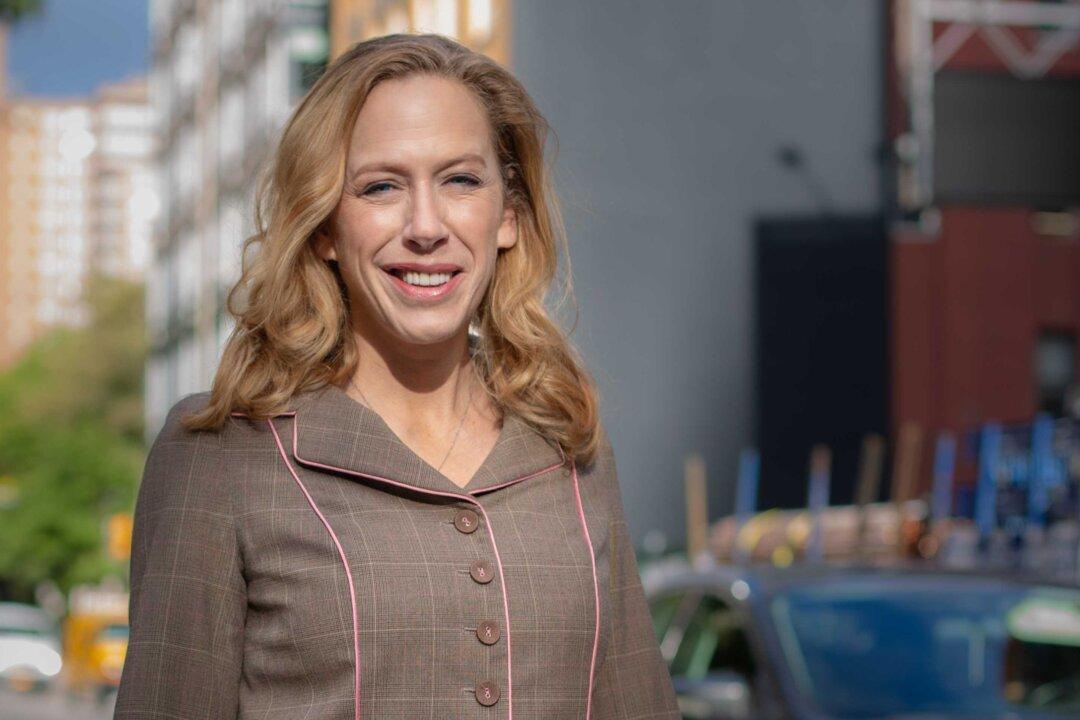“I understand in a crisis that people sometimes have to move quickly,” but at the same time, “we have just shoveled cash out of the Beltway with no quality control of any of these programs, with no thought for how they’re actually working,” argues Kimberley Strassel, a Wall Street Journal columnist and editorial board member.
Since early March, the federal government has passed four major relief packages, which brings the grand total close to $3 trillion to combat the CCP (Chinese Communist Party) virus, also known as the novel coronavirus.





